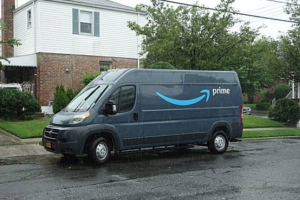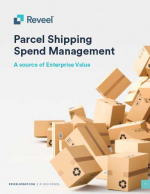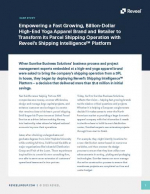The Growth of the Circular Economy
This report summarizes results based on a survey of the GreenBiz Intelligence Panel, consisting of executives and thought leaders in the area of corporate environmental strategy and performance, who provide their expertise and perspective on advances in corporate sustainability.
There is a growing business movement toward what is described as a circular economy, an alternative to a traditional linear economy where the current widespread operating model can best be described as make, use and dispose.
In the evolving circular model, we strive to keep resources in use for as long as possible, extract the maximum value from them while in use, then recover and regenerate products and materials at the end of each service life.
To be successful, this model will require a fundamental rethinking of products, materials and systems of commerce.
GreenBiz Group, in collaboration with UPS, conducted research to gain a greater understanding of key aspects and concepts associated with the circular economy to identify trends that will help define success for this developing system of commerce.
This document shares the results and insights garnered from one of the nation’s first quantitative surveys focused on better understanding the state of the circular economy.
Key Insights
- The importance of the circular economy to business is expected to continue to gain traction in the coming years, doubling in importance from just two years ago.
- Half of companies surveyed are implementing circular economy principles, yet only a select few brands are standing out as leaders in the marketplace.
- The need for a defensible business case is both the biggest barrier and biggest opportunity facing the success of the circular economy.
- Cost and convenience are the top incentives for both customers and consumers.
- Sustainable logistics no longer focus solely on the “last mile.” The “first mile” logistics are critical to an effective circular economy as packaging and shipping convenience of recoverable waste outweighs many other factors for broad marketplace acceptance.
What’s Related




Favorites





